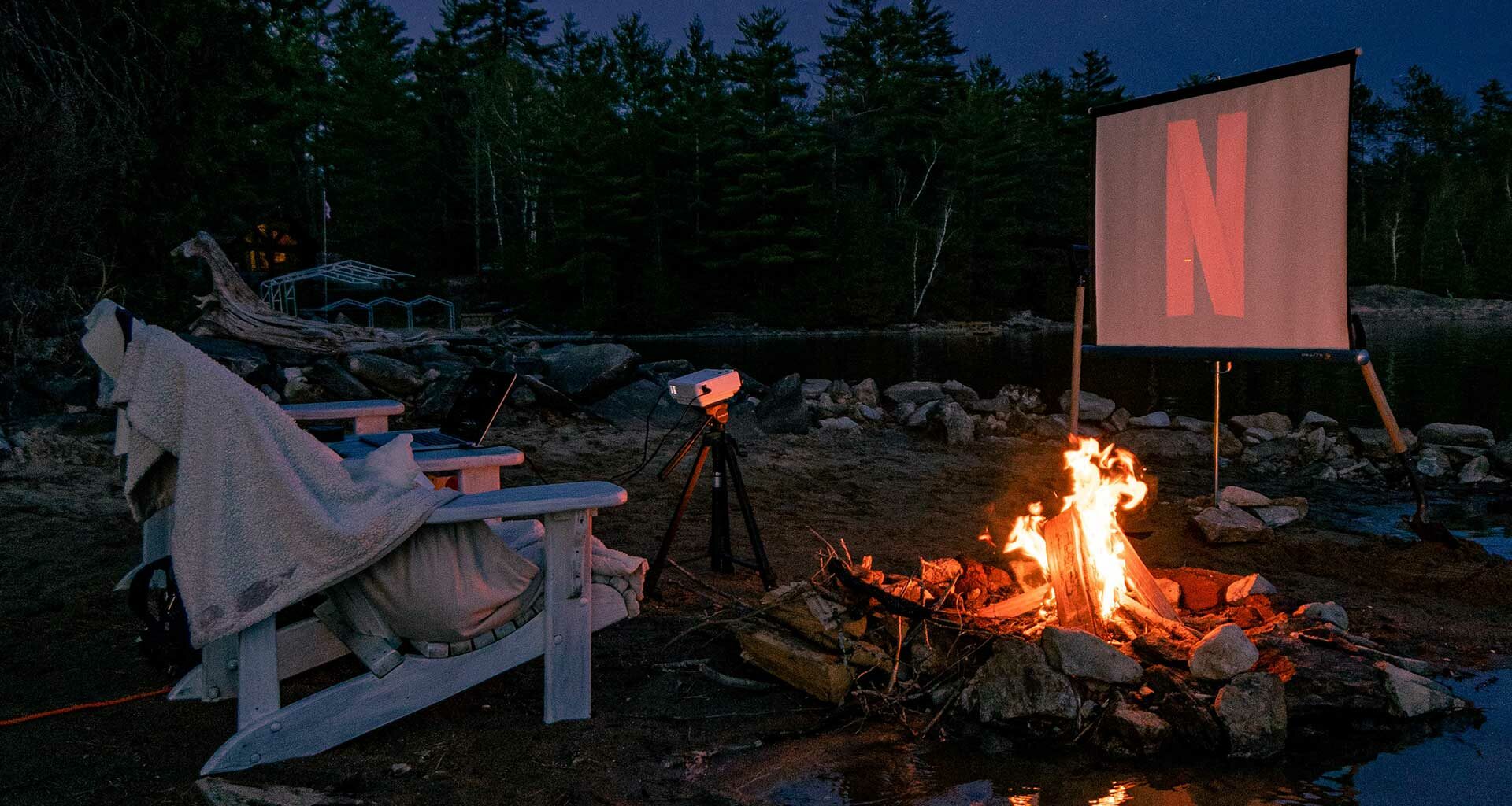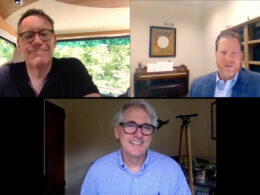Netflix has done a lot of things right to become an actual brand, not the least of which was ranking #1 in the Streaming Video category in our 2021 Customer Loyalty Engagement Index.
Brand Keys is currently updating some research we conducted in 2005. We fielded it to identify a Commodity-to-Human Brand Continuum. The research uncovered a series of loci along which all products and services could be definitively placed. To identify the degree to which they were a brand – because not everything is a brand. We’ll be releasing the new version next month.
One locus on the spectrum was designated “21st Century Brands.” We picked Netflix as an exemplar of that. Netflix has done a lot of things right to become an actual brand, not the least of which was ranking #1 in the Streaming Video category in our 2021 Customer Loyalty Engagement Index.
This is the 25th year we’ve conducted the survey. We examined 94 categories, so pretty comprehensive, if I do say so myself. We’ve measured Streaming Video since 2002. Netflix has been #1 eighteen out of those nineteen years (Amazon Prime, the perennial #2, was #1 in 2011). Only a handful of brands can boast that kind of record, or, in this case, have me boast about it. Our assessments correlate very, very highly with positive consumer behavior. Usually at the 0.80+ level. Correlations like that have social scientists opening champagne and dancing naked on their desks. I mention that because our metrics are an accurate precursor – a leading-indicator – of success. In this case, Netflix’s success.
And look, I’ll be the first to admit the past year hasn’t been like any brandscape we’ve ever seen. The COVID-19 pandemic changed the dynamics of working, which changed the dynamics of living, which changed the dynamics of consumerism, which changed the dynamics of, well, everything. Including staying home spending 38% of your time in front of a screen. The Netflix Operations Chief recently said, “There’s a boost in engagement that you get when people are in a lockdown situation.” You think? That’s not that “engagement.” It’s called a “captive audience.”
Netflix – like Clorox and Purell – is a brand able to show a direct benefit from the pandemic. No surprise, they broke records for new paid-subscribers in 1Q ’20. Lots of brands anticipated the post-vaccine brandscape was going to look different. Netflix did the “Wall Street Two-Step” to manage weaker expectations than last year what with viewers emerging from pandemic confinement. That shouldn’t have come as a surprise to consumers or Wall Street.
Anyway, the fact that I binge-watched all 2,252 Netflix original productions, after I had watched all 15,000 titles already in its library shouldn’t surprise you either. OK, I didn’t watch all those shows. By “all” I meant most, and by “most” I meant more than I normally would have watched. And I watched a lot of shows I wouldn’t have normally watched. I’m pretty sure you did too. And, yeah, you’re watching fewer now because of the vaccines, looser regulations, actually wanting to see real people in real-time, and going outside and all, but still.
That “but still” represents an average of 3.5 hours of video viewership daily. That’s 707 billion collective hours per month. Around 60 days of content watching per subscriber since opening their account. Almost two-thirds (63%) of American households have an Netflix account. And probably a lot more watch if you factor in ones using someone else’s login. About 35% of U.S. adults currently subscribe to Netflix, with content in 20 languages. But here’s a “Fun Fact:” Netflix accounts for about 14% of all downstream internet traffic worldwide and was forced to reduce streaming quality in several countries to reduce the strain on overtaxed bandwidth!
Netflix has 202 million subscribers worldwide. For some perspective, Hulu has 39 million. And competitive threats are up: Disney+ and Paramount+ and Apple TV+. There was always Amazon’s Prime Video to contend with, but their audience is about 25% smaller than Netflix’s. Netflix accounts for about 20% of all the online video subscriptions in the world! Here’s another “Fun Fact:” In a streaming video version of “Six Degrees of Kevin Bacon,” all Netflix customers have at least six shows or movies they watch in common.
“Original content” is one of the critical emotional engagement values driving loyalty and viewership. You shouldn’t complain, “I can’t find anything good to watch.” Netflix has 15,000 titles across all its international libraries. Fewer than 3 years ago because the company shifted to a lot to original content. No service spends as much on original content as Netflix. “How much could that be?” How does $12 billion sound?
It looks like this: $12,000,000,000.00!
It’s a lot of zeros. But for some perspective, The Crown, costs $13 million dollars an episode. Comedy costs. Dave Chapelle was paid $60 million for a 3-part stand-up special. The nomenclature “Netflix Original” is a little loosey-goosey. Netflix offers two kinds of “original content.” Movies and TV it pays for and develops in-house, and movies and TV it acquires for exclusive broadcast. Still, the brand has been recognized for its efforts. Quality seems to have outweighed quantity: over 430 award nominations with 72 wins; 225 Emmy nominations, 43 triumphs. This year Netflix led with 24 Oscar nominations. They won two. (For complaints about this year’s Oscars, you can reach out to the Board of Governors here: www.oscars.org/contact.)
In recent weeks, Netflix has made an acquisition and licensing deal with Sony Pictures for streaming rights to theatrical releases as well as older content for 2022. Variety reported Netflix is paying $450 million for the rights to two sequels to “Knives Out.” And you thought there wasn’t enough to watch!
Oh, and the engagement thing? Real emotional engagement is when a brand – a real brand – is able to meet expectations consumers hold for critical emotional values for the Ideal in the category in which it competes.
Which is ultimately why Netflix is #1. Again.
 Robert Passikoff is founder and CEO of Brand Keys. He has received several awards for market research innovation including the prestigious Gold Ogilvy Award and is the author of 3 marketing and branding books including the best-seller, Predicting Market Success. Robert is also a frequent contributor to TheCustomer.
Robert Passikoff is founder and CEO of Brand Keys. He has received several awards for market research innovation including the prestigious Gold Ogilvy Award and is the author of 3 marketing and branding books including the best-seller, Predicting Market Success. Robert is also a frequent contributor to TheCustomer.
Photo by Derek Sutton on Unsplash












